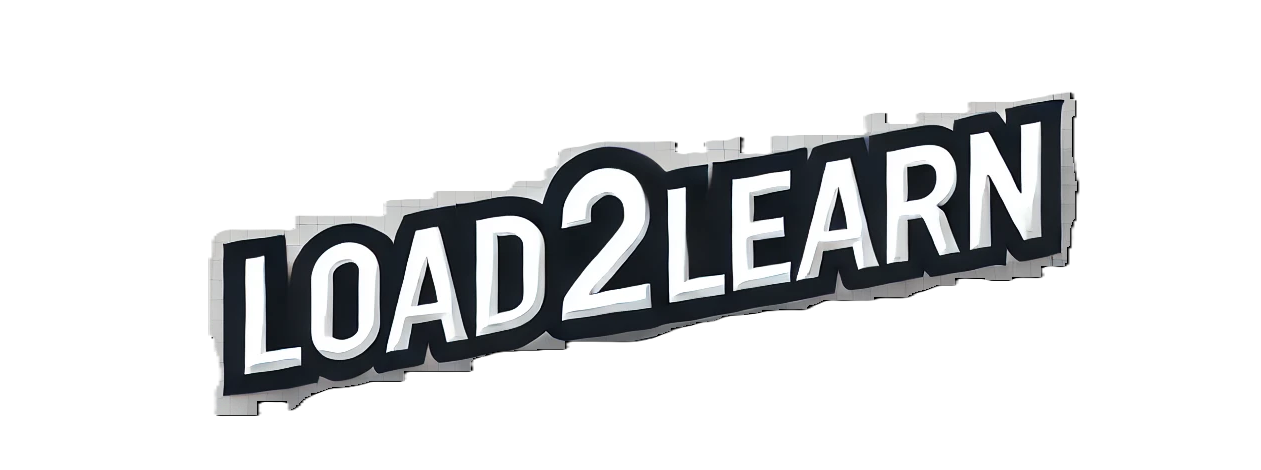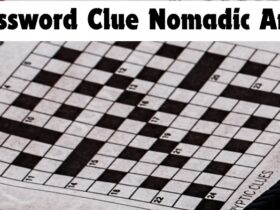Have you ever bought or read a book that had a powerful impact on you? If yes, and if you are an aspiring writer, then you might have wondered whether you could ever write a book that would have a similar impact on someone else.
If you want to write a book that actually sells, then you are here at the right place.
Who Can Write a Book?
Anyone who has an amazing story in their mind that they want to share with the world can write a book – but – not everyone can write a book. This means that you might have an amazing story to share with the world – but – you might not be good with words. In this situation, you can hire a freelance ghostwriter who will do the writing job for you and you get to share your story with the world.
However, even if you don’t have a fiction story, you can still write and publish a book if you are excellent at a skill or niche and believe that others will benefit from your book. This way, you can use your book as a way to promote your business and make money.
The Fundamentals of a Marketable Book
If you want to really set yourself up for success with your book, you should set up three fundamentals to writing a book that will actually sell.
- Firstly, you need to know who your ideal reader is or who you are writing for.
- Secondly, you need to establish the desirable outcome that you want for them.
- Thirdly, you need to establish the unique selling aspects of your book and how you uniquely help your readers get to the outcome.
Apart from the previously mentioned aspects that can make your book interesting, you should also focus on the cover of your book. We recommend you hire one of the best freelance book designers so that the cover of your book stands out and gets noticed online or at local bookstores.
Establish Your Ideal Reader
Obviously, your reader is not a demographic. Also, you might be thinking that everyone needs inspiration, which is why your book is for everyone – but – even this is not the case. You need to dive into this aspect of your book and determine what you are inspiring in the lives of your ideal readers.
Also, you need to establish what you are inspiring your ideal readers to do. Only then will you be able to see that there is only a subset of the global population who will be interested in reading your book? Ultimately, you want to understand the potential problems that your ideal readers might have and how the problems can be solved when they read your book.
Establish Your Unique Solution
Now that you know the audience or your ideal readers for your book, you can move on to the next step, which will be your unique solution. Everyone probably has a unique approach that is already written – so – you might not be the only one presenting a solution.
However, here is the thing – everyone has their respective approach to a problem, and they have their own lens through which they see a problem. So, what you want to do is to focus on your readers when you tell your story.
Also, keep your focus on your ideal reader when you give answers, solutions, and tips. Look at it in the following way: your reader is the center and your outcome for the reader, your perspective, and how to achieve that in your stories – all these aspects are the things that got you there – the solution to the problem.
Think About Things You Disagree with
If you struggle with figuring out what you say or think is different – here is a tip. You might want to think about something in your niche that is a commonly held belief and that you usually disagree with.
So, come up with something in your niche that you believe is wrong because you have seen it go wrong. Then bring that thing that you disagree with in your book as a way to establish a unique solution that your ideal readers can benefit from.
By the way – this aspect can also serve as a brilliant hook and your positioning for your marketing.
Developing Writing Skills: A Gateway to Personal and Professional Growth
Whether you’re aiming to write a bestseller or not, honing your writing skills can be a game-changer for both personal and professional reasons. Good writing is a valuable asset in today’s information-driven world.
For personal growth, writing helps clarify your thoughts and emotions. It’s a powerful tool for self-expression and can even be therapeutic. Many successful people keep journals or write regularly to process their experiences and ideas.
IIn the business world, strong writing skills are crucial. They can set you apart in your career, helping you communicate more effectively with colleagues, clients, and stakeholders. From crafting persuasive emails to creating compelling presentations, good writing can boost your professional image and credibility.
Moreover, writing skills are transferable. The ability to structure your thoughts, present arguments clearly, and engage your audience are valuable in many aspects of life. These skills can help you in public speaking, problem-solving, and even in personal relationships.
So, while you’re working on your book, remember that you’re not just creating a product – you’re developing a skill set that will serve you well beyond your writing project. Embrace the process of improving your writing, and you’ll reap benefits in many areas of your life.
Question and Analyze Your Position
To establish your positioning in the book market, you can analyze the following questions:
- What problems can I solve for my ideal reader?
- How can I solve a problem differently?
- What sets me apart from other writers in the same niche?
- What important story do I have that I must share with others?
- Do I know the art of interesting storytelling?
- Do I have a controversial topic?
These are some of the questions that you should figure out so that you can be sure that your book is interesting and that your ideal reader will enjoy reading the book.
Ace the Hook of Your Book
To ensure that your book sells, you must ensure that it has an intriguing hook. So, pay attention when defining your hook because, with a brilliant hook, you can win over your readers. It doesn’t matter whether your book is a collection of short stories, a memoir, or a business book – your book needs a hook.
If you actually get your hook right, you can use it for positioning your book in the book market. There are different ways you can write a great hook, such as the following:
- Startle your readers with a strange fact.
- Start with a sudden action.
- Start your hook by narrating a life-changing moment.
- Introduce something unique that your readers cannot ignore.
- Inject confusion or chaos in the starting lines.
- Establish intrigue about one of the characters in your story.
Writing a hook can also be the most challenging aspect of writing a book that will actually sell. It is important to mention here that your book is for your readers – not for you. By getting the hook right, you will not only set your book apart but also your business – if you are writing a business book.


















Leave a Reply